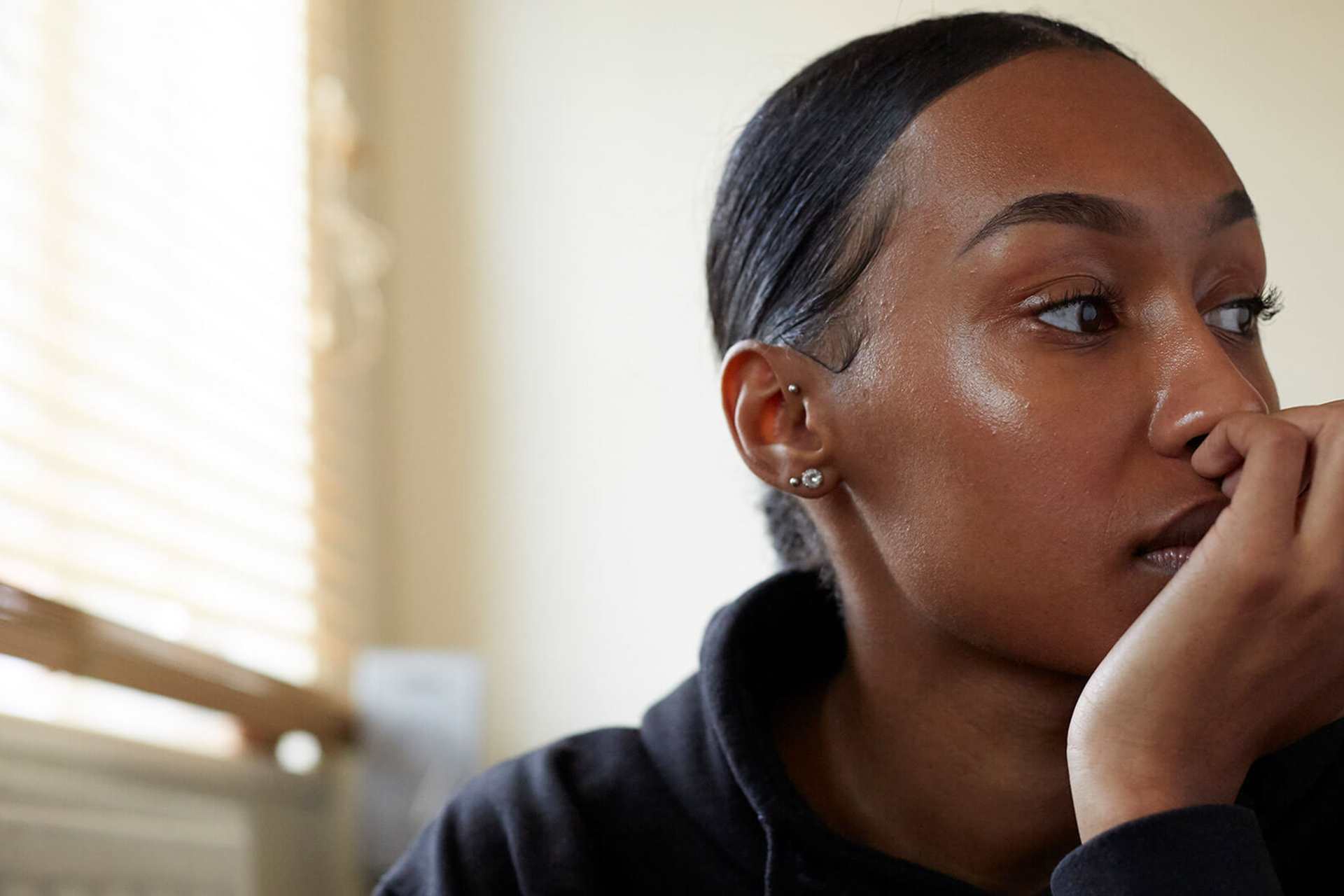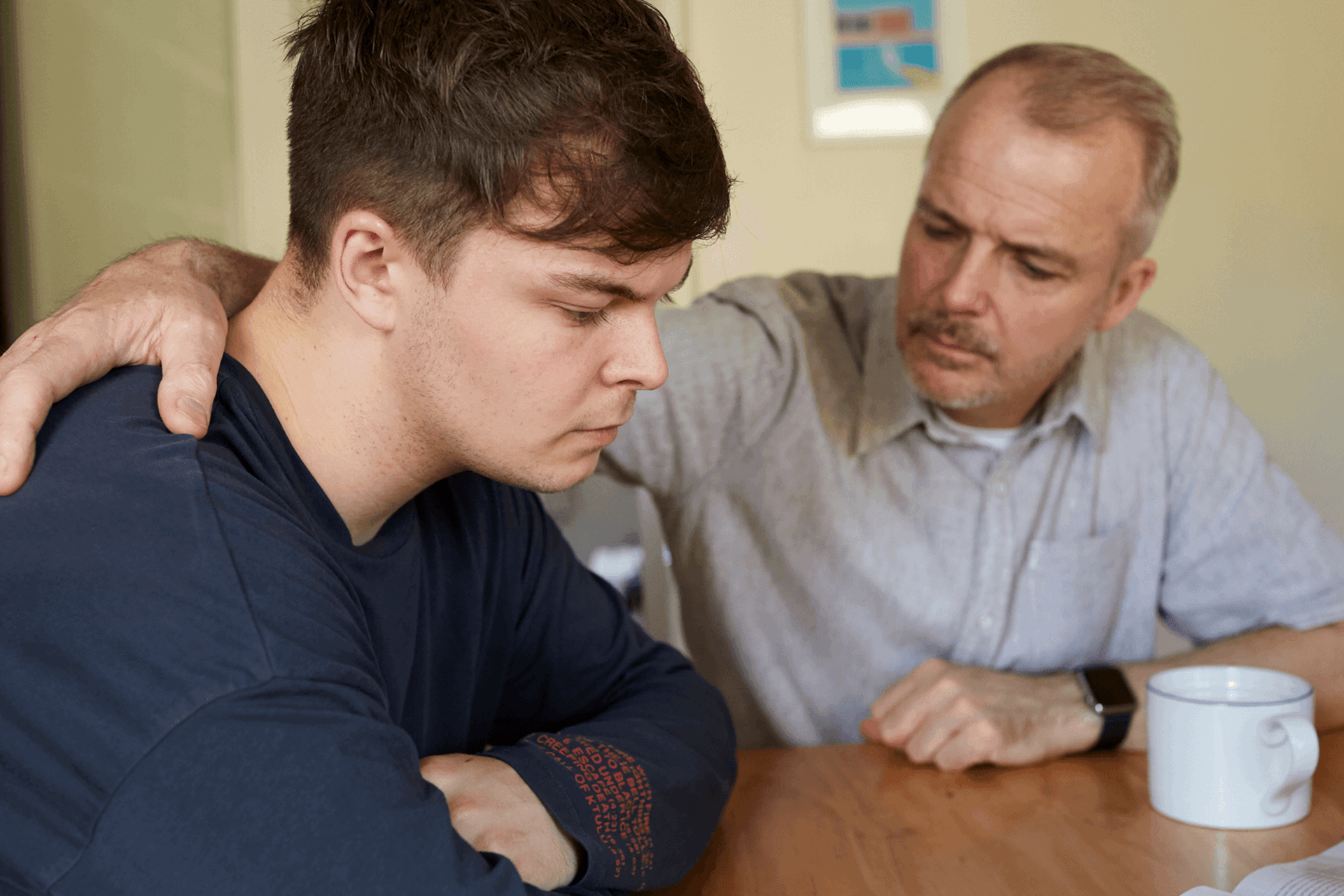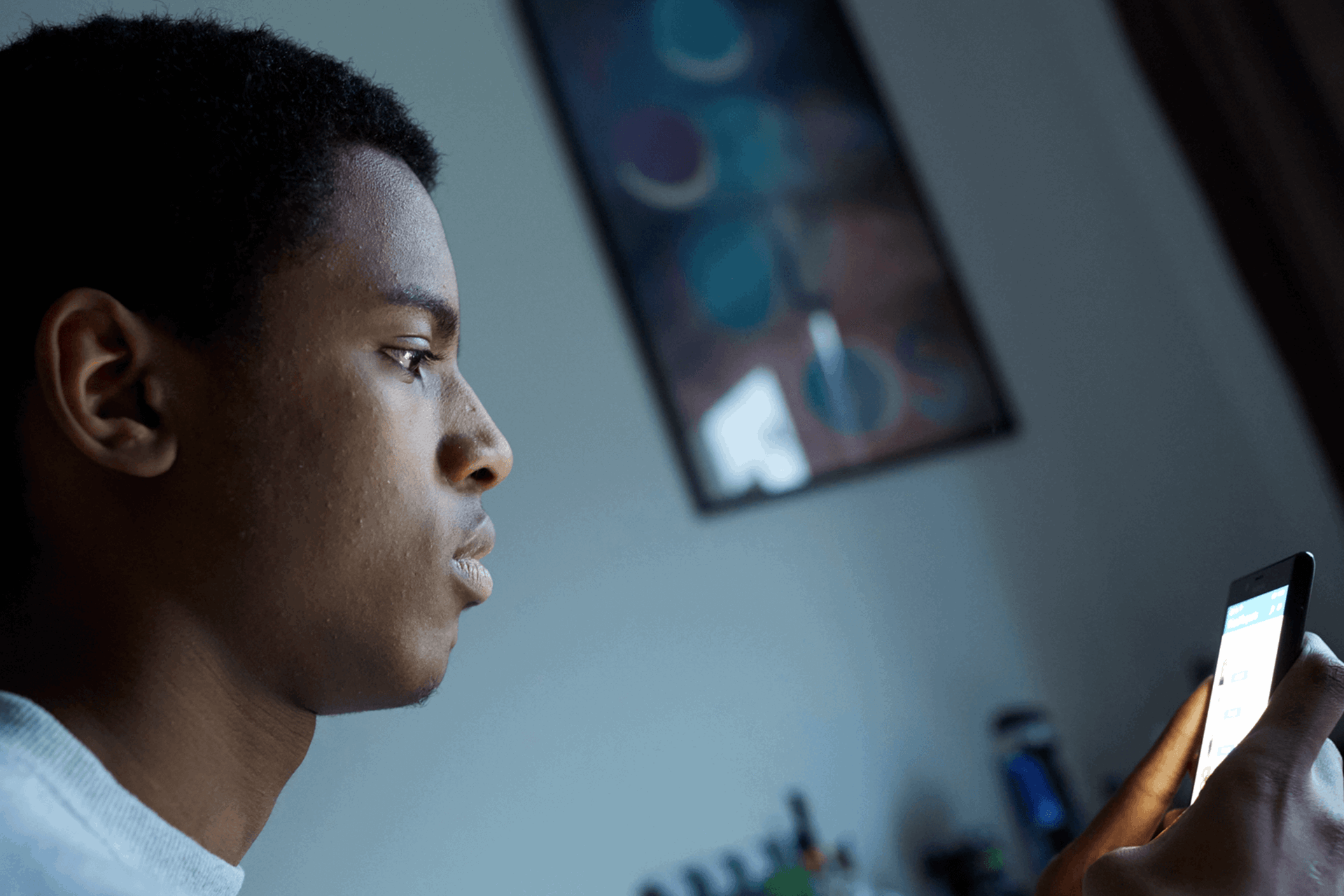Topics mentioned: sleep problems, self-care
About: Good sleep is important for our mental health, but what can you do if mental illness is preventing you from getting enough? Laura shares her tips, advice and bedtime routine.
We’ve all experienced that annoying feeling. You’ve had a busy day and all you want to do is go to sleep, but there seems to be a constant flow of thoughts swirling around in your brain that makes this simple task almost impossible.
This feeling is quite normal, but it can be even more frustrating for somebody who struggles with their mental health as this feeling is intensified. During my struggle with mental health, I tried to overcome this problem by establishing a routine with the hope of improving my sleep. I’d love to share my tips and advice with you.
Getting a restful night's sleep is key to living a healthy life.
Write down your thoughts before going to sleep
A lot of things can happen in one day. You’ve been to a few places, experienced new things and you’ve had different thoughts that have cropped up in your mind throughout the day.
When you’re busy, it is much easier to suppress any thoughts that don’t seem relevant at the time. However, at night is when these thoughts creep back up and stop you from having a restful sleep.
A great way to calm these thoughts is to write them down before going to sleep – simply noting them down allows your mind to be free of them. You’ll find comfort knowing that you’ve got them down in a visible and concrete form, which should help you to sleep more easily.
You’ll find comfort knowing that you’ve got [your thoughts] down in a visible and concrete form.
Practise meditation or simply have some alone time
I understand that meditation isn’t for everyone, so renaming it as ‘you time’ might be more suitable for you. When I was struggling with my mental health, I used an app called Calm, which helped me to meditate and clear my mind before going to sleep.
If meditation isn’t your thing, I recommend turning your phone off and simply practising some simple breathing exercises to relax before sleeping. I think people forget that scrolling aimlessly through your phone before bedtime can seriously impact your thoughts and affect your sleep.
I recommend turning your phone off and simply practising some simple breathing exercises to relax before sleeping.
Plan for the next day
I think this next point is relevant for everybody. What seems to keep me awake (most of the time) is thinking about the long to-do list that I have to complete the next day.
I always make sure that before I go to sleep, I write down a plan for the next day to allow my brain to switch off from thinking about this while trying to get to sleep. Along with scheduling your day, I recommend setting any alarms that are needed for the next day – again, so you’re not lying there thinking, "What if I don’t wake up on time tomorrow?"
I really hope that some of these tips will help people who are struggling to sleep. Even if you’re not struggling with your mental health, getting a restful night's sleep is key to living a healthy life.
I write down a plan for the next day to allow my brain to switch off.
More advice on sleep problems
If you're struggling to sleep, check out our guide to sleep problems - it's full of information, advice and places you can go to get help.
Where to get help
However you're feeling, there are people who can help you if you are struggling. Here are some services that can support you.
-
Childline
If you’re under 19 you can confidentially call, chat online or email about any problem big or small.
Sign up for a free Childline locker (real name or email address not needed) to use their free 1-2-1 counsellor chat and email support service.
Can provide a BSL interpreter if you are deaf or hearing-impaired.
Hosts online message boards where you can share your experiences, have fun and get support from other young people in similar situations.
- Opening times:
- 24/7
-
Youth Access
Provides information about local counselling and advice services for young people aged 11-25.
Put in your location and what you need help with into their 'Find help' search, and see what services are available in your area.






